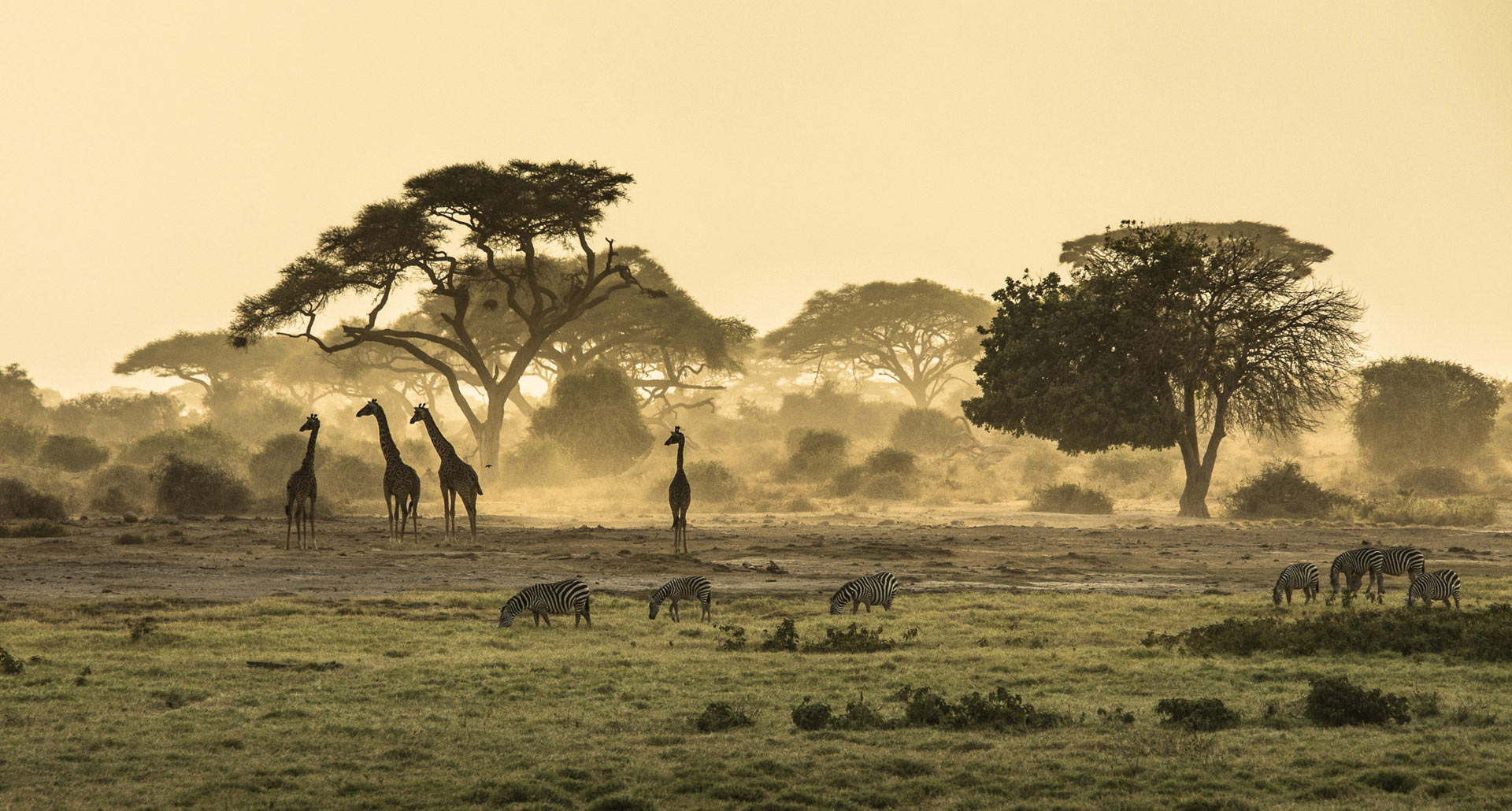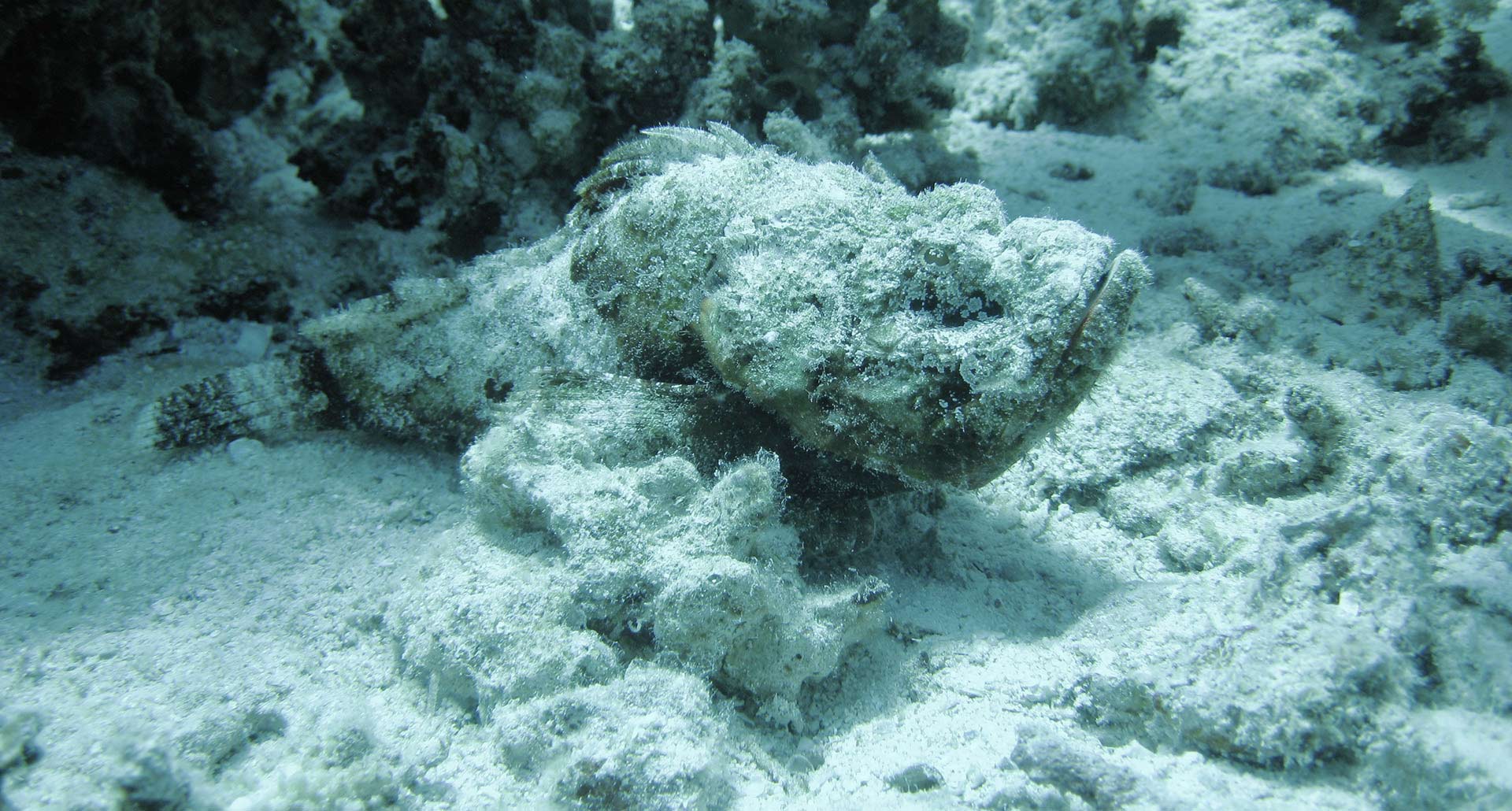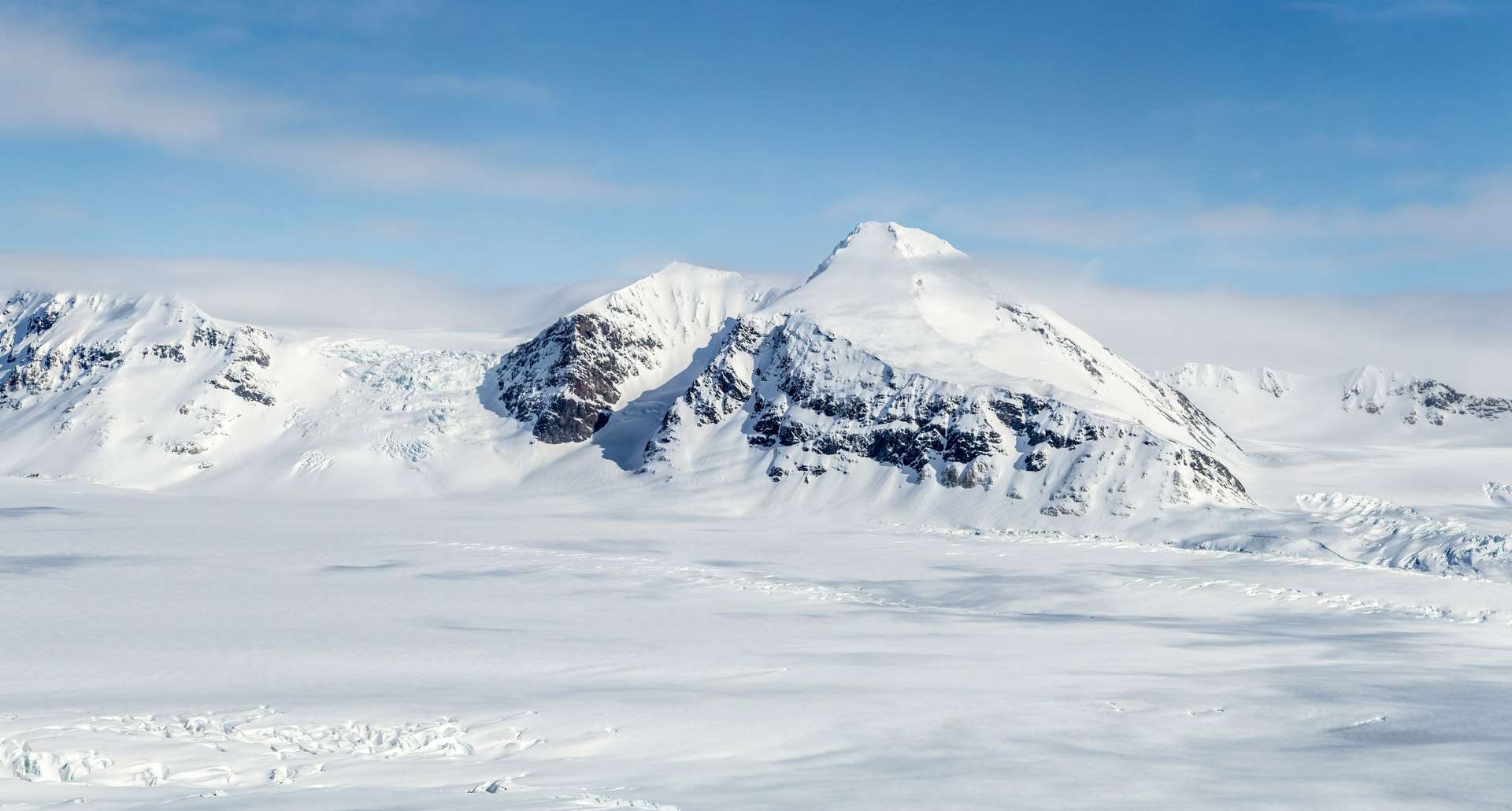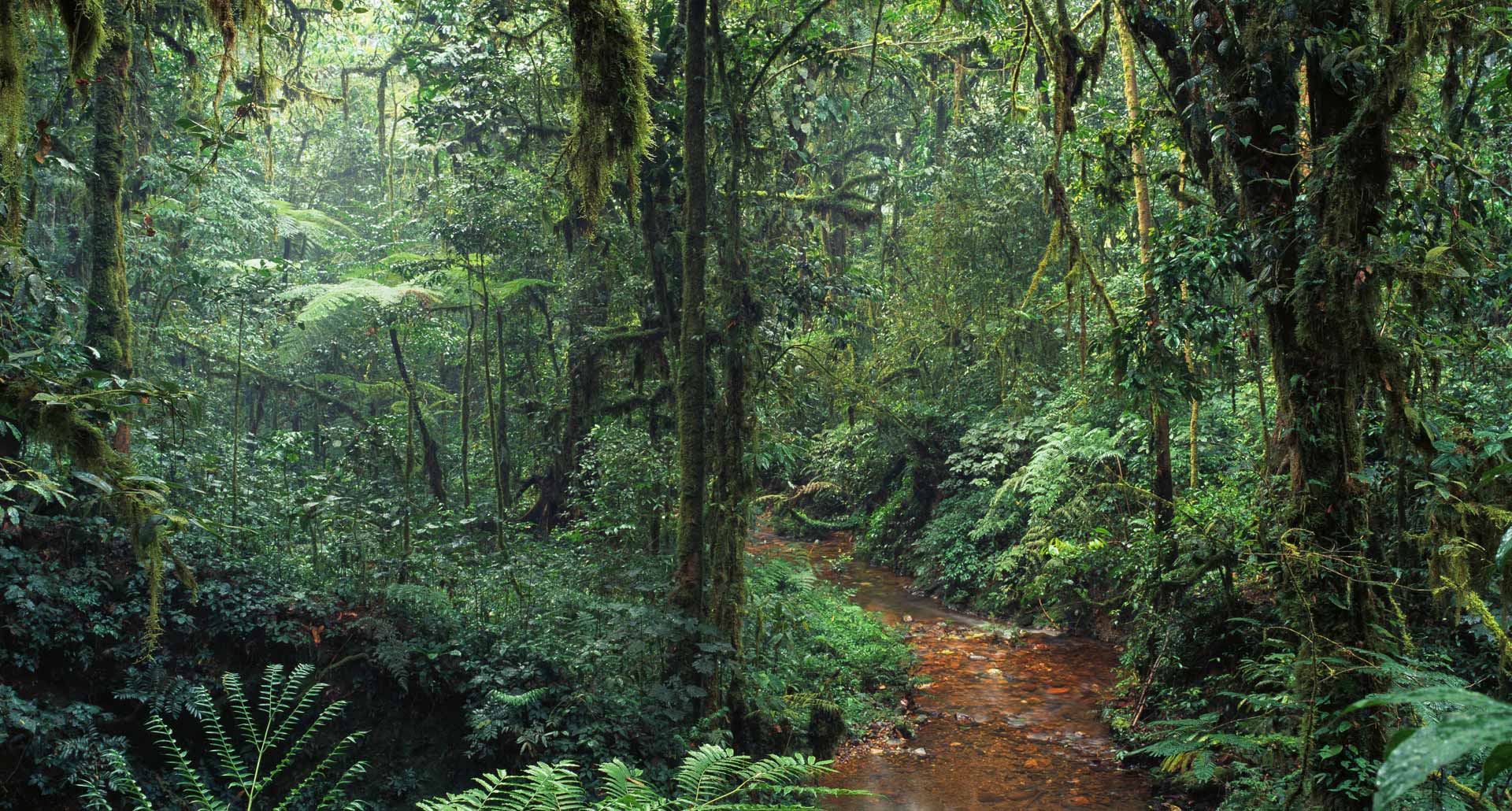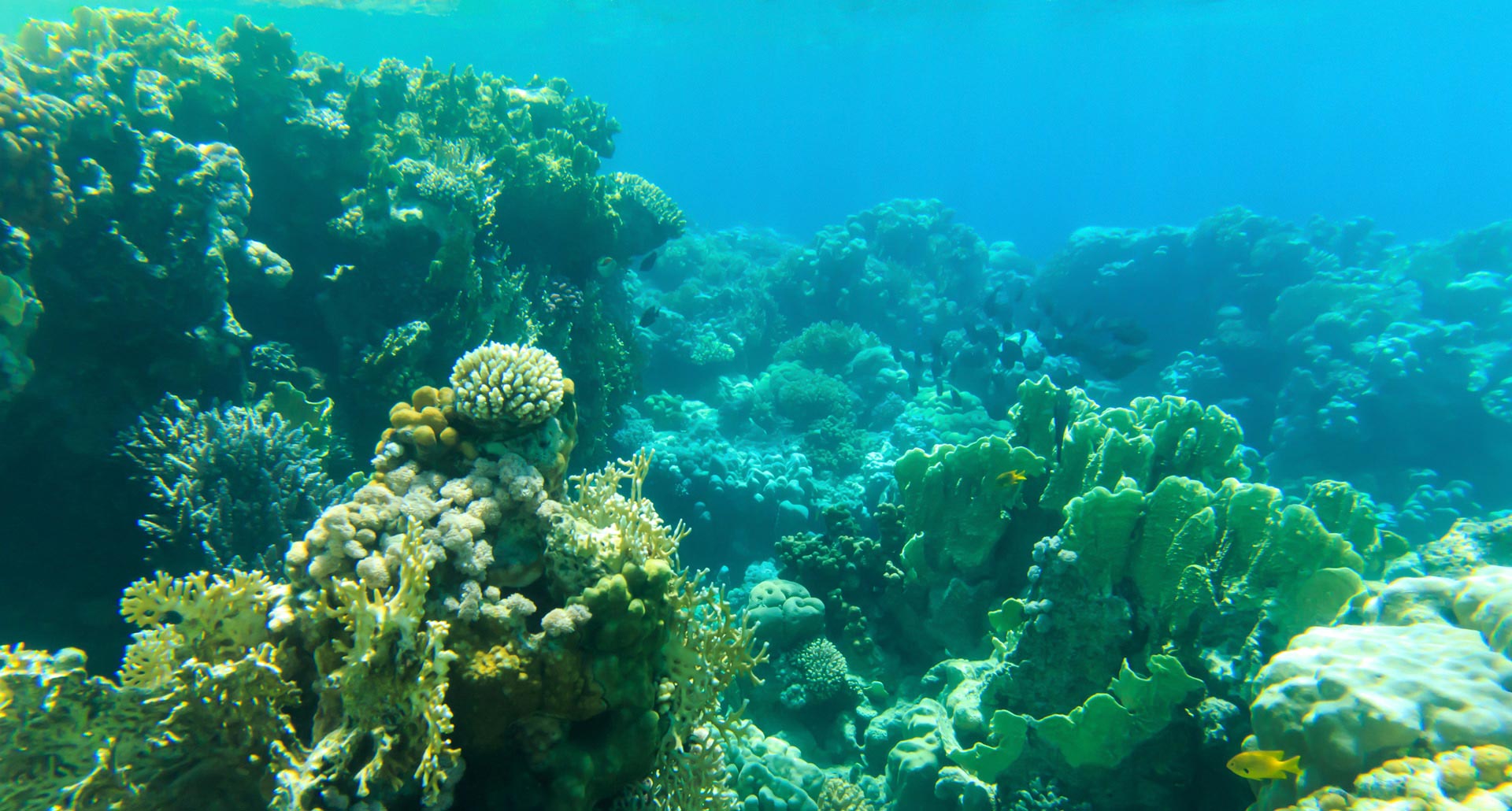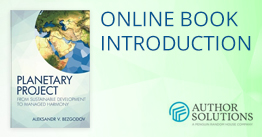Nikita Moiseev’s ideas in the perspective of the harmony of world development
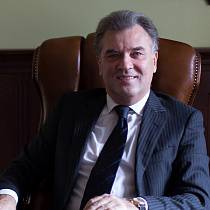
17/11/2017
Nikita Nikolaevich Moiseev can be called one of the greatest humanists of our time, along with his other outstanding compatriots Dmitry Likhachev, Dmitry Sakharov, and Sergei Kapitsa. Running through all his teachings is the idea that a consistent synthesis of technology and morality can be made part of mankind’s fighting for the future of the planet including the organic intelligent life it nourishes. He considered modernity a transitional period, full of risks and challenges threatening the survival of the biosphere at the backdrop of a growing anthropogenic pressure. Among the tasks facing people at this difficult time, member of the Russian Academy of Sciences Nikita Moiseev pointed out optimizing and improving the efficiency of environmental policy, developing high technology, and encouraging people to dramatically reduce their needs. According to Moiseev, if scientific and technological progress caused the systemic crisis along the line of man - society - nature, it could also act as a panacea in our efforts to resolve the crisis. It is important that all anti-crisis measures can be implemented only within the framework of a planetary civilization. This expression belongs to Moiseev. He was not afraid to openly declare this idea as far back as in the 1990s.
Another important and valuable idea the scholar expressed is that a planetary intelligence is capable of formulating a program of co-evolution of man and the biosphere. There is every reason to believe that the scholar meant by it the whole thinking soul of mankind rather than the artificial or cyber intelligence. It is what the Russian philosophers of the Silver Age, from the Slavophiles to the Cosmists, had dreamt about. This soul harmoniously combines knowledge, faith and conscience. Universal planetary intelligence is a new, higher form of intelligence, an image apparently close to Vladimir Vernadsky’s noosphere. Uniting all reasonable inhabitants of the Earth, planetary intelligence organically combines truth and spirituality, which makes it able to solve global problems radically and effectively. Without this, it not only hinders the world’s development, but makes also its very existence unlikely.
Nikita N. Moiseev’s planetarity theory is close to the teachings of Russian Cosmists and the philosophy of the Planetary Project developed by the Planetary Development Institute (PDI) based in Dubai, UAE. This think tank has brought together an international team of researchers seeking solutions to the global problems of the modern world. Planetarity is a form of existence in which all differences between people are removed that seemed significant to them and which interfered with human integration. Planetarity talks about racial, ethnic, cultural, political and religious characteristics, in the sense that they basically mean nothing in the face of global threats, the risk of the disappearance of life on Earth. Planetarity refers to the kinship of all kinds of existing matter - living, inert and biocose - united, according to Vladimir Vernadsky, by geological time or natural history. Planetarity is a paradigm within which it will be possible to achieve civilizational compromises necessary for the survival of the human species during dramatic ecological and geopolitical conflicts.
To comprehend the planetary level of being, thinking, living and responsibility, a new planetary morality, which Academician Moiseev wrote about, is required. That same morality, which can become a value driver of controlled ascending evolution. According to Moiseev, a deep moral reorganization of the spirit and meaning of human culture is the condition for the appearance of a new morality. If we focus on a sustainable and harmonious development after emerging from the systemic crisis of our time, then the axiology of life as the highest planetary and cosmic value can be the vector of such restructuring.
In the process of working out the moral and ethical component of the idea of co-evolutionary relations between mankind and Nature, it is of fundamental importance that only humanity as a single entity and an aggregate subject of controlled evolution can become the co-creator of Nature and the Higher Reason. Only a common normative-value and ideological field will allow people to unite in understanding and assessing global problems and find a balance of interests of all parties. The main thing is to realize that global problems can be solved only on a planetary scale and there is no real possibility to solve them in any other way.
Paradoxically, there is no proper humanity in the modern global world yet. Currently, it exists only in the quantitative sense, as a population, but not in the qualitative sense, as a single organism. At this historical moment and at the present stage of biospheric evolution, humanity must become one on its biosocial basis to save its own species and habitat for present and future generations. The biosocial basis of the unity of mankind is universal, regardless of the cultural and ethnic identity of nations, its historical past and today's political ambitions. Ethno-cultural identities are historically transitory, and on the scale of the evolutionary process, they are all but short-lived. As history shows, especially we think of the period from the 20th century to the early 21st century, the change or destruction of identity is a matter of several years, while "human nature" is more stable in time and much more difficult to transform.
Only by achieving a level of civilizational and spiritual consolidation, can we, people living in this crisis-riddled world, become WE-humanity, solve global problems and save our planet.
Thus, it is possible to point to the key ideas of Nikita Moiseev’s philosophy that could contribute to the formation of a strategy for world crisis management and the development of human civilization:
- planetarity as a form of existence and a paradigm of its comprehension;
- co-evolution of man and nature;
- a planetary civilization of a united humanity;
- planetary mind and morality;
- civilizational compromises;
- a biocentric value system.
All these ideas evidently resonate with the philosophy of Russian Cosmism, synergetics and evolutionism. They are currently being developed by the PDI, a research institution that has brought together Russian and foreign scholars and academics representing social and natural sciences.

